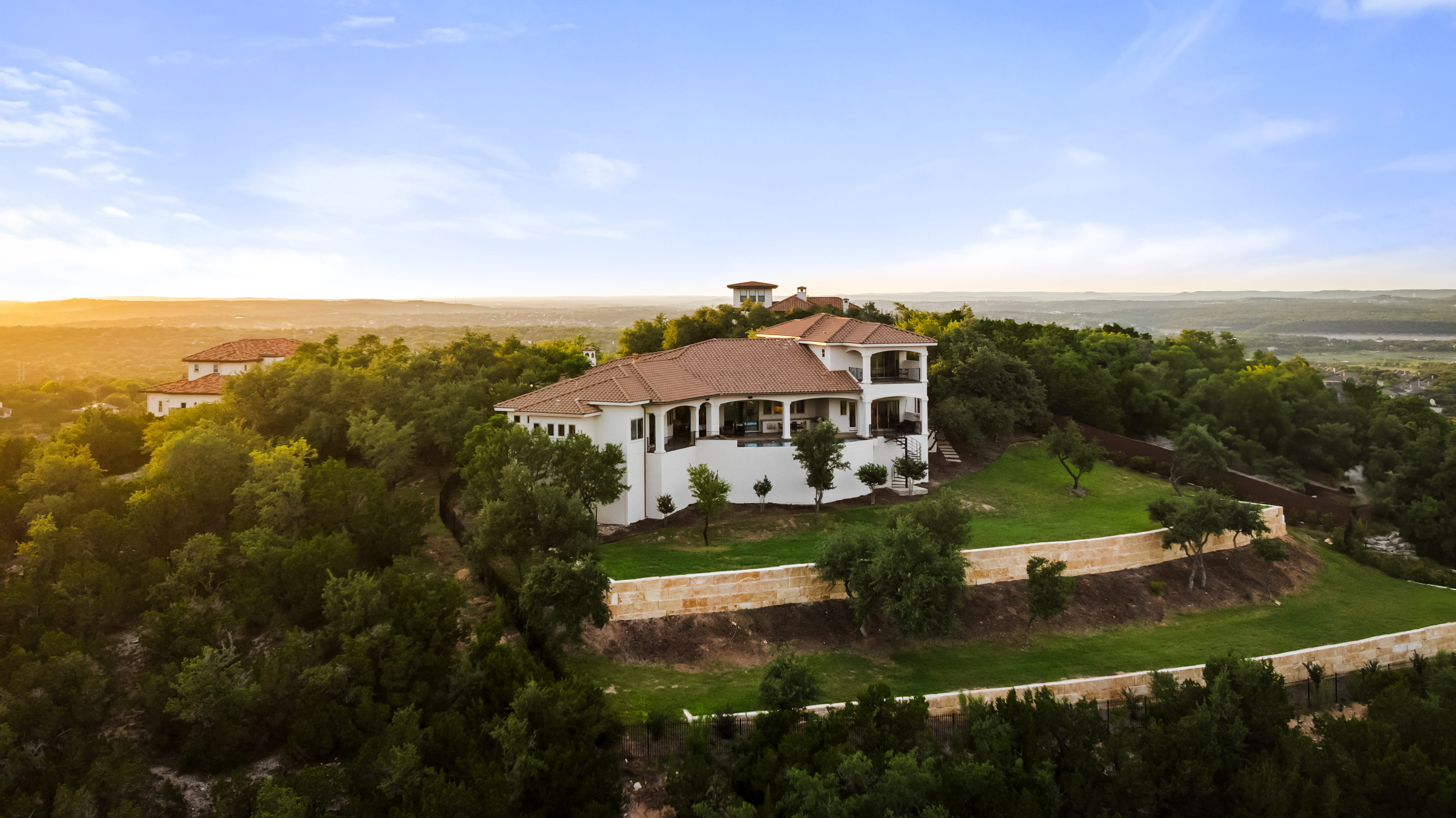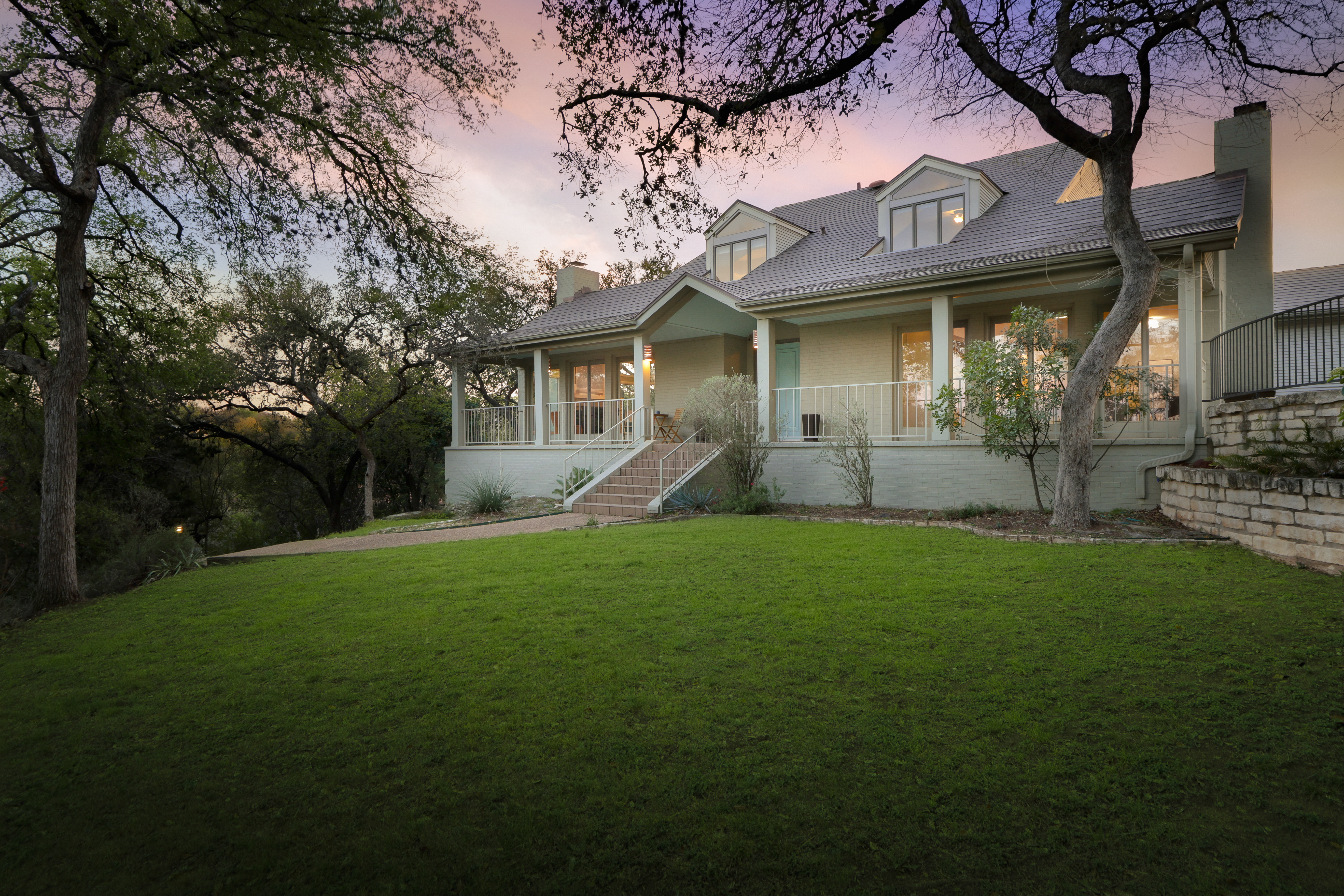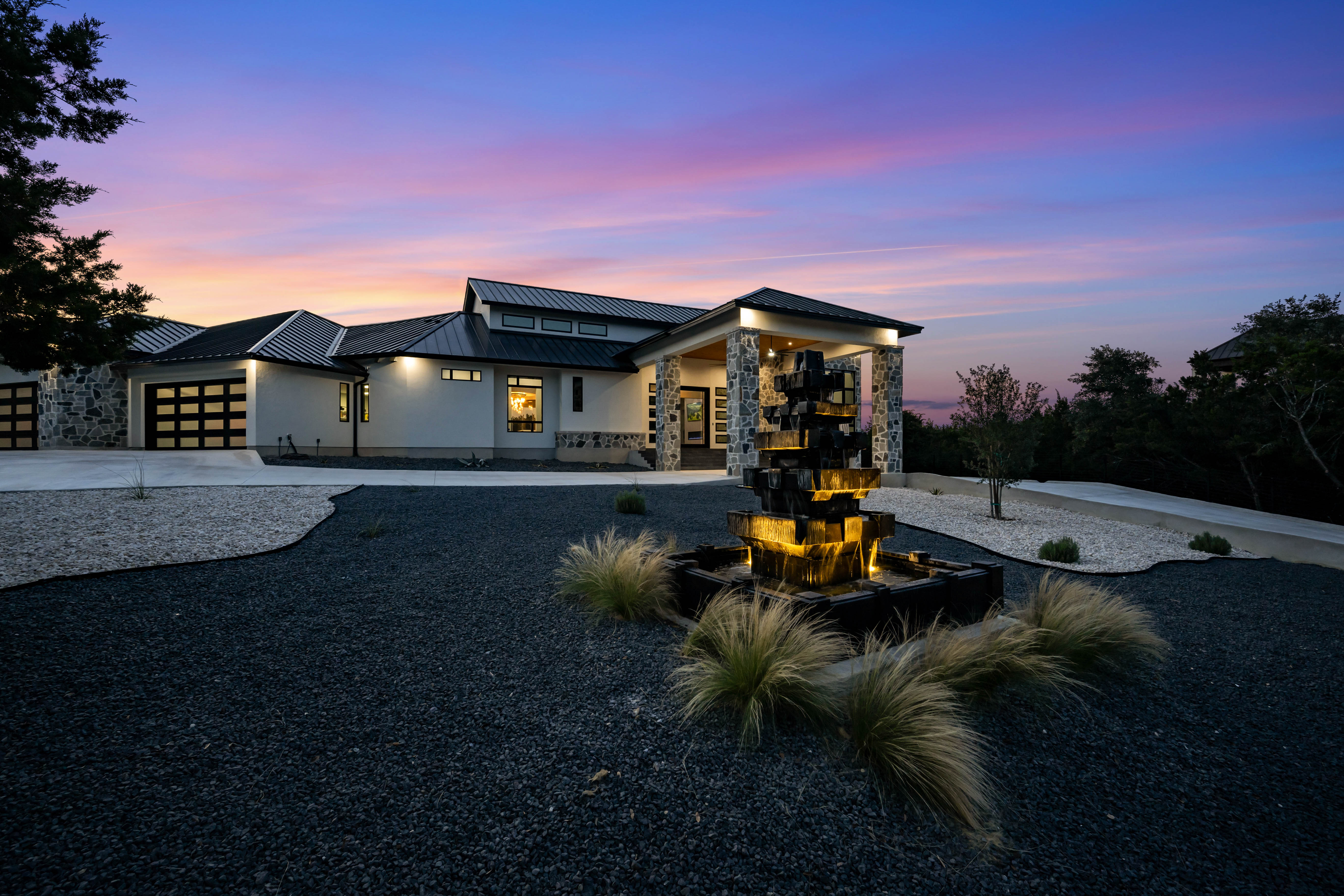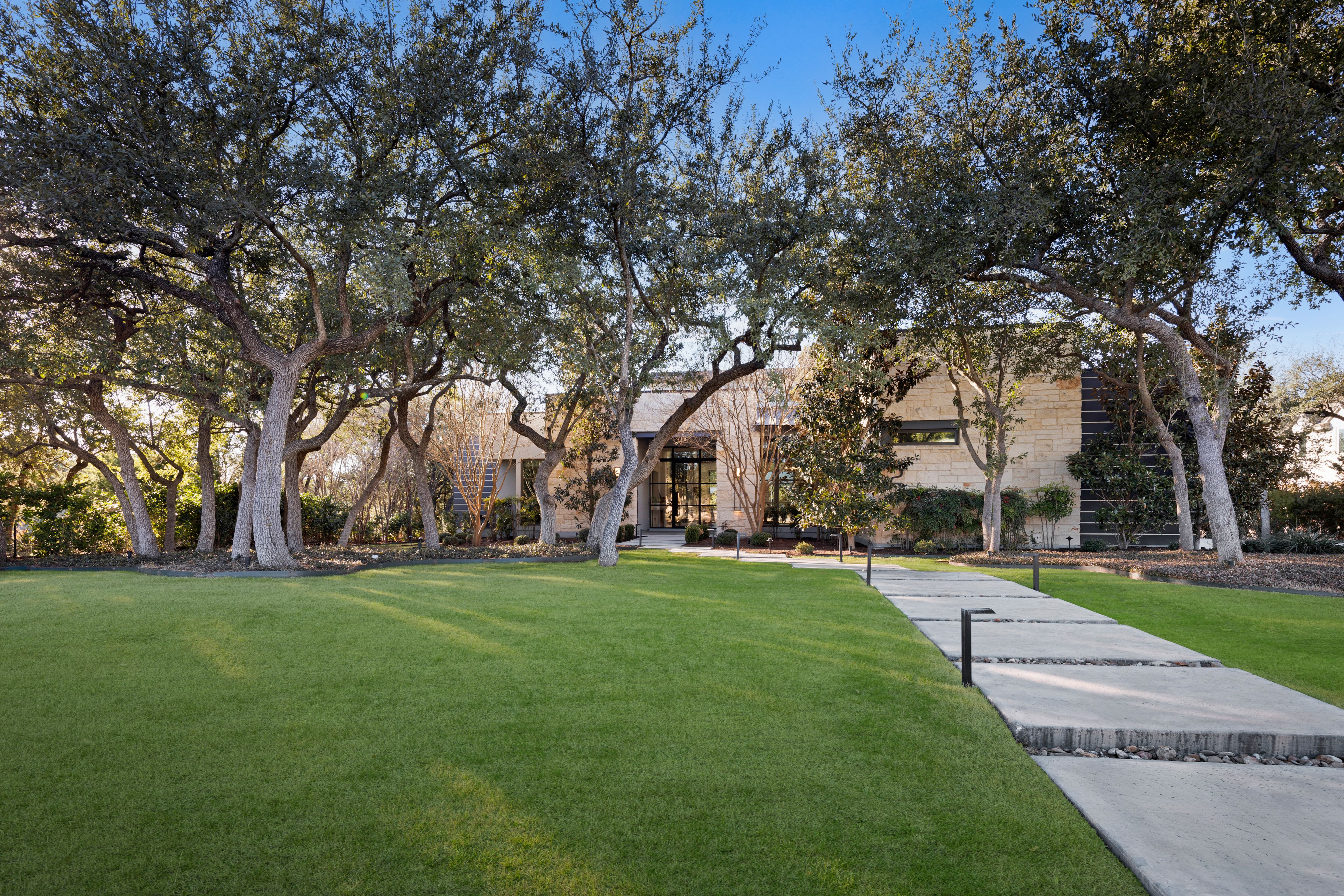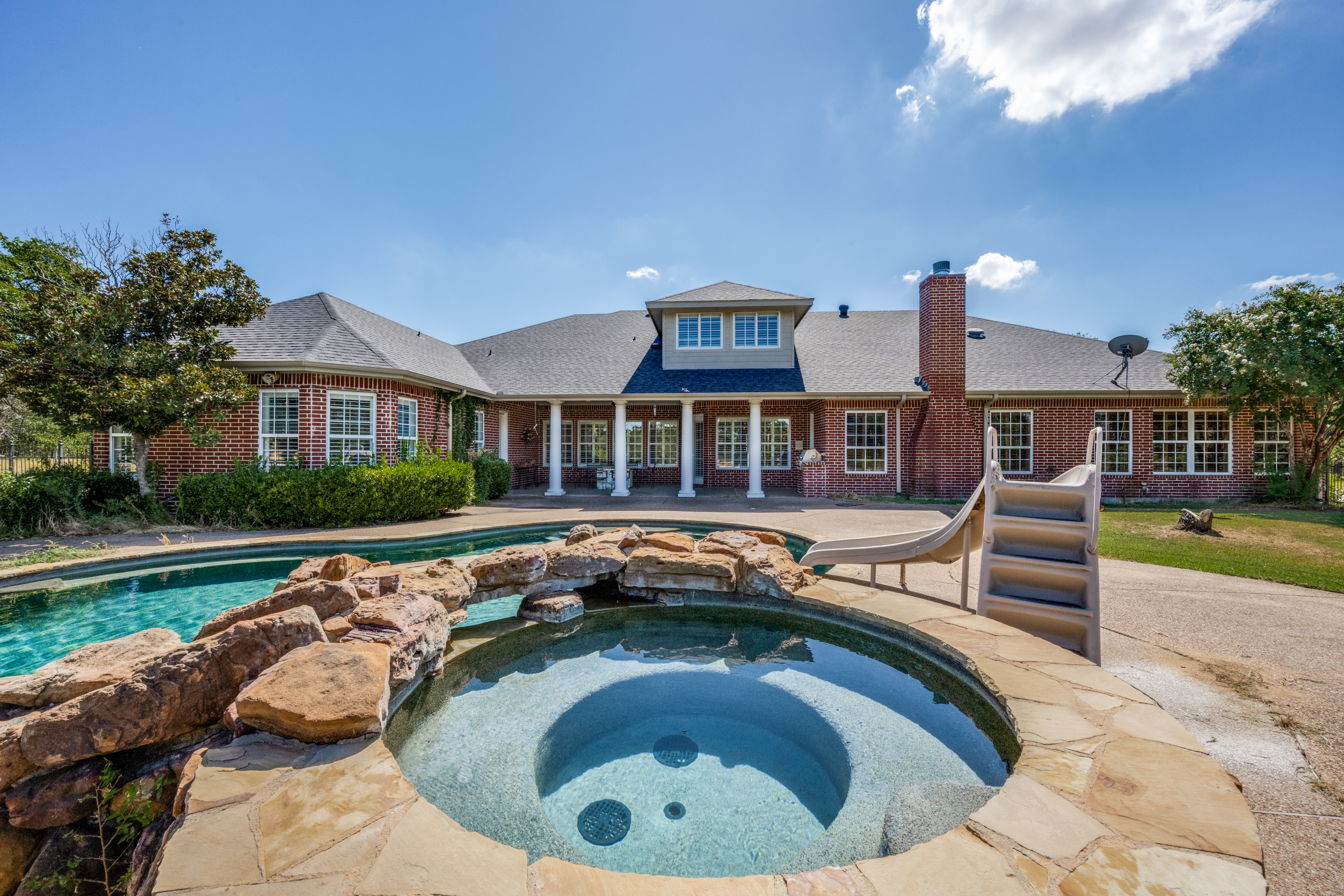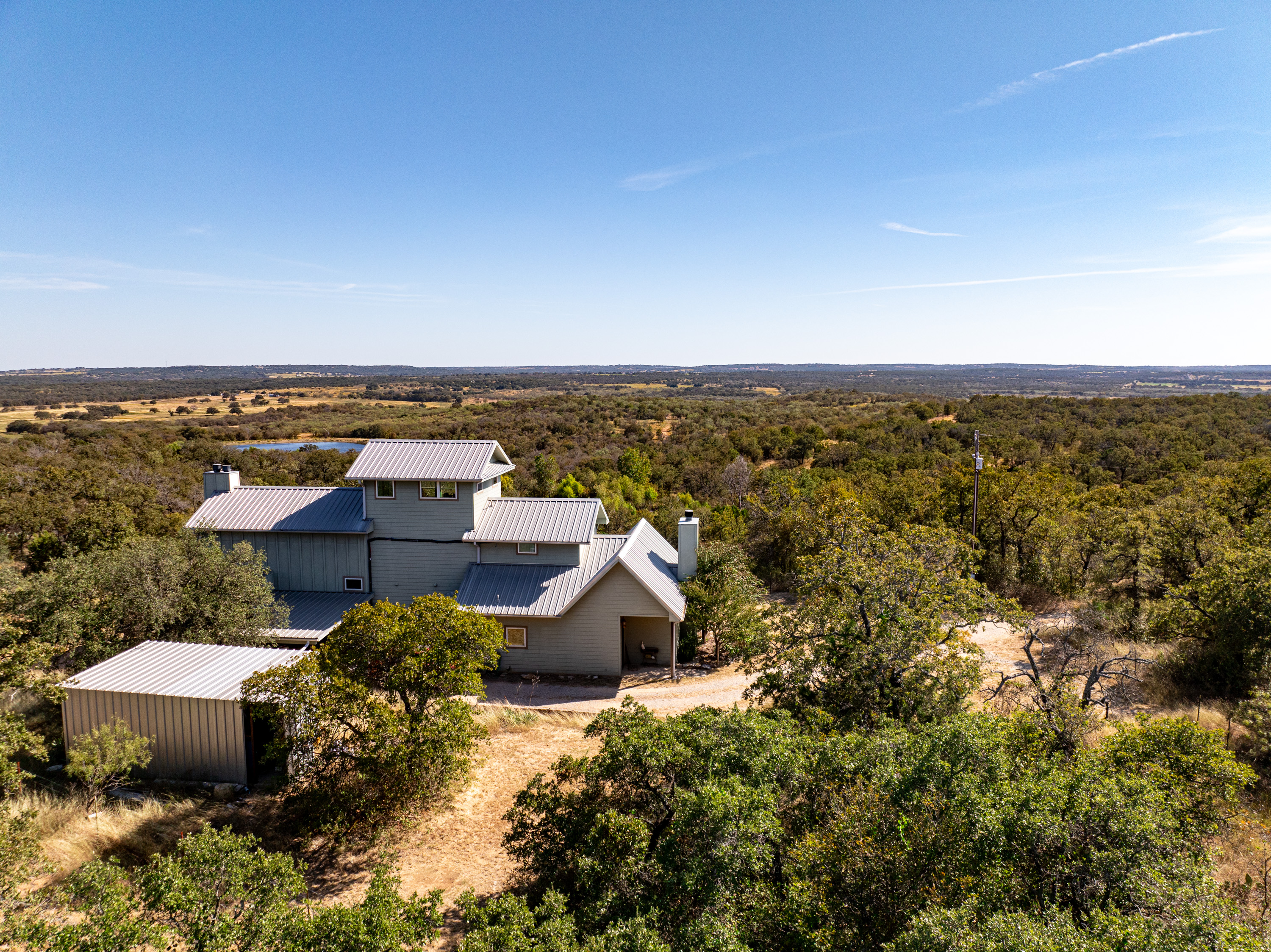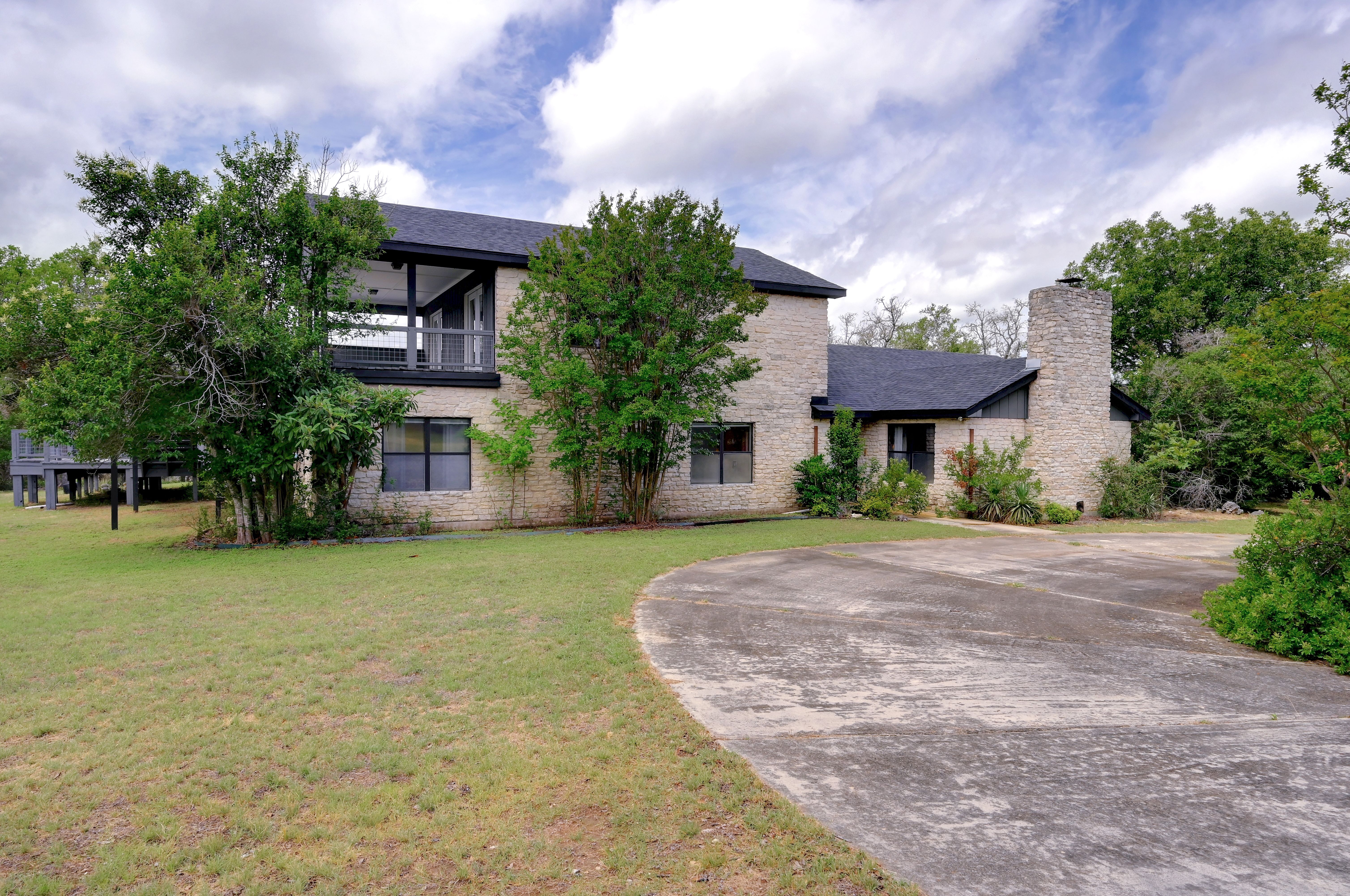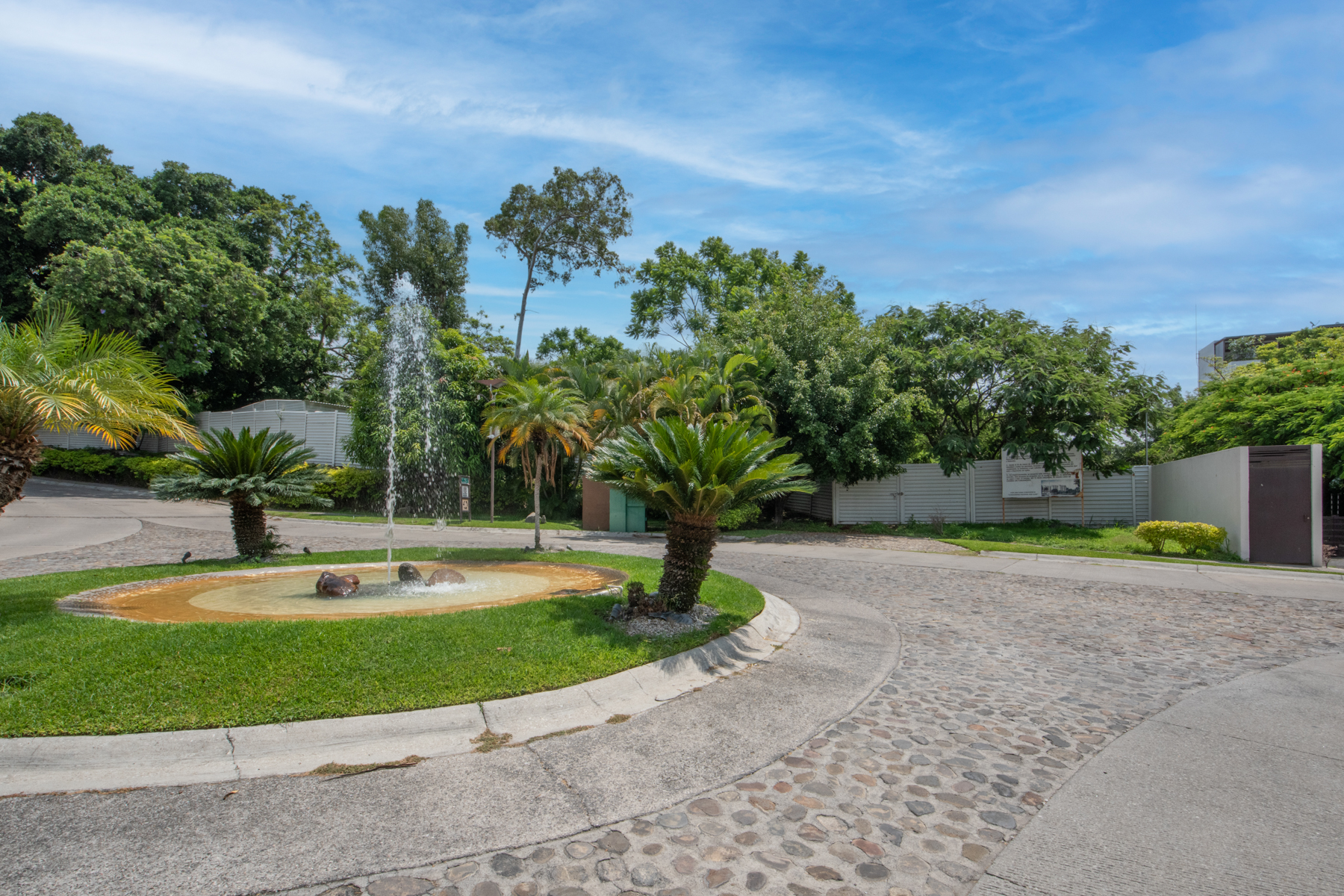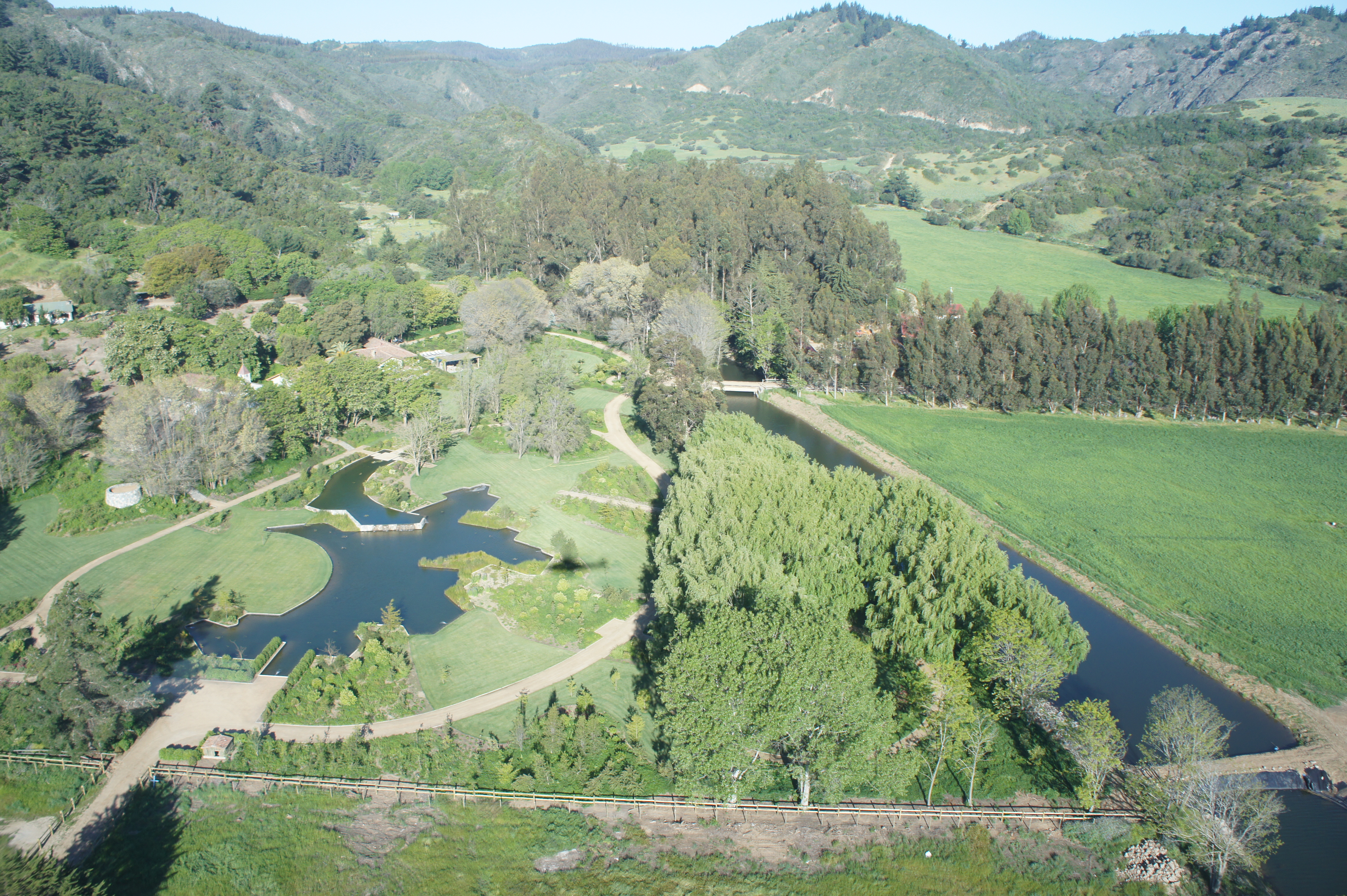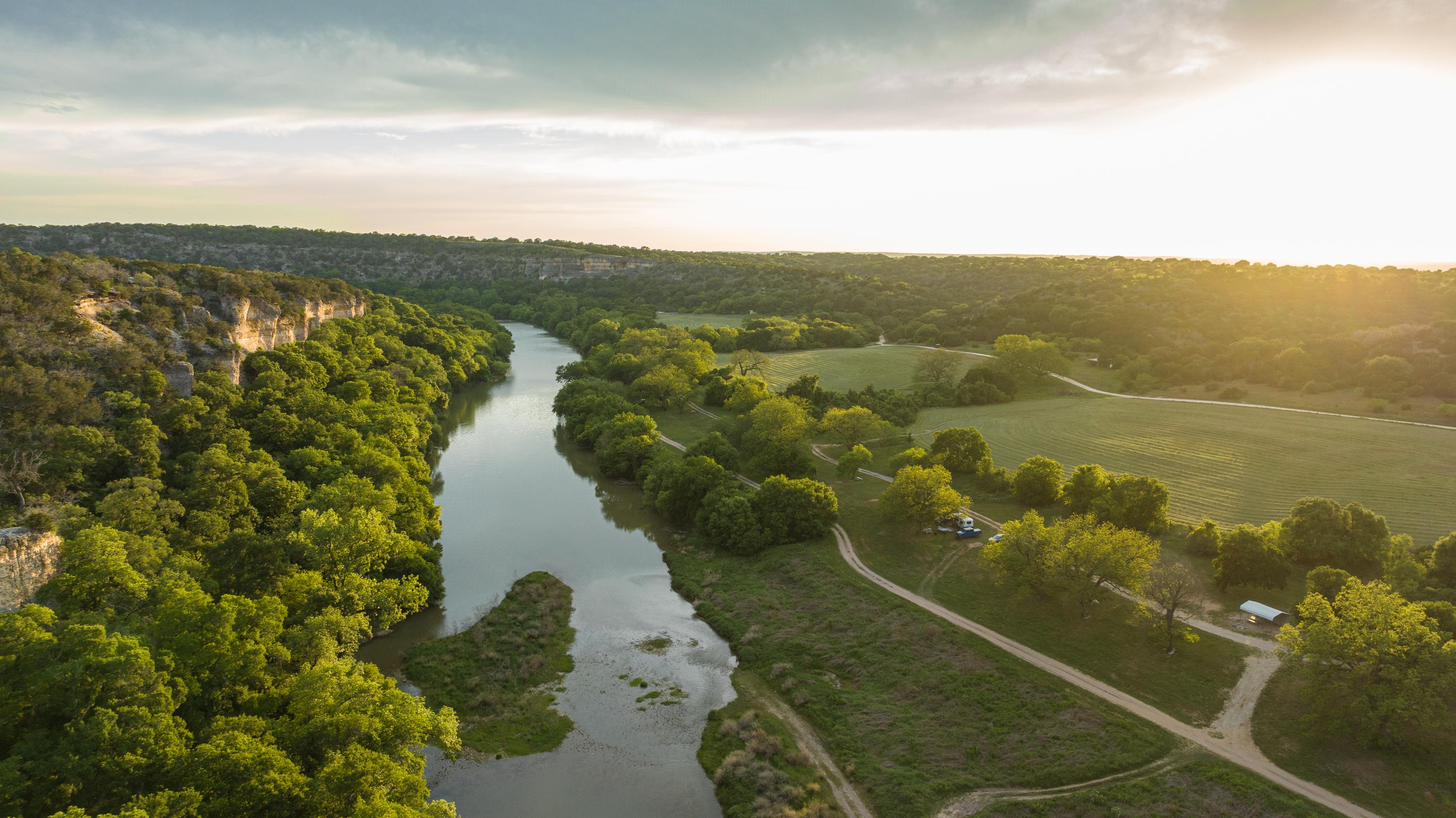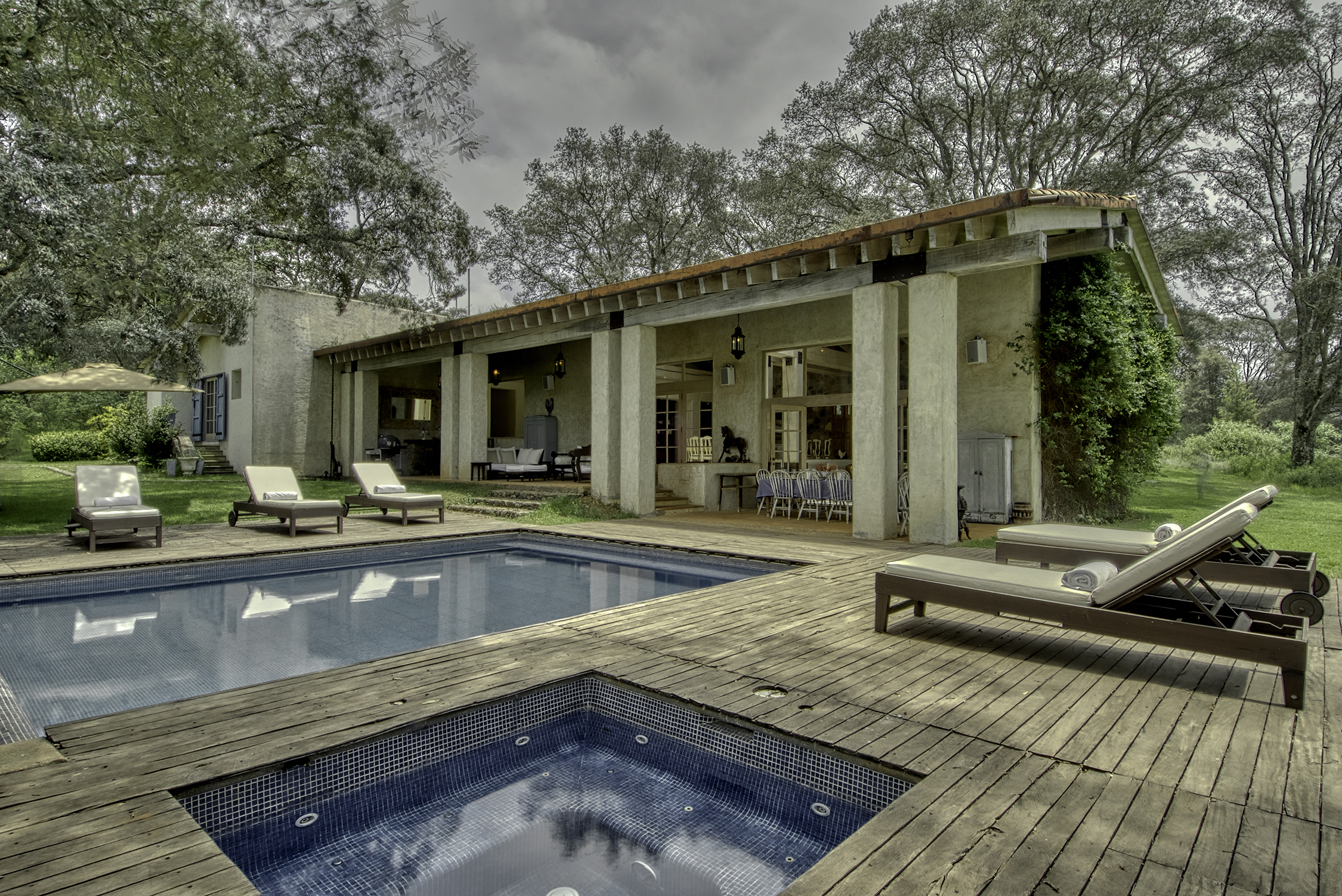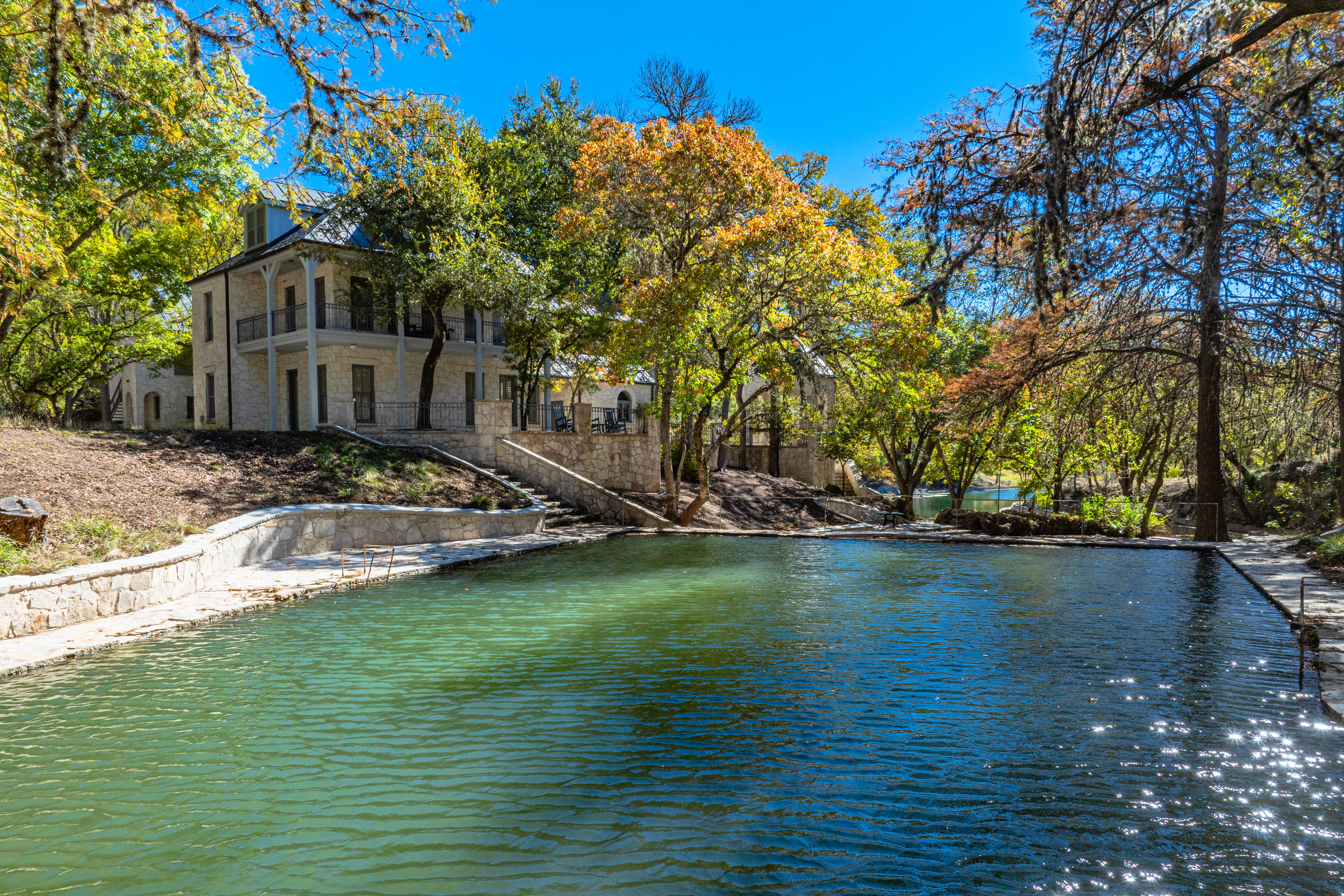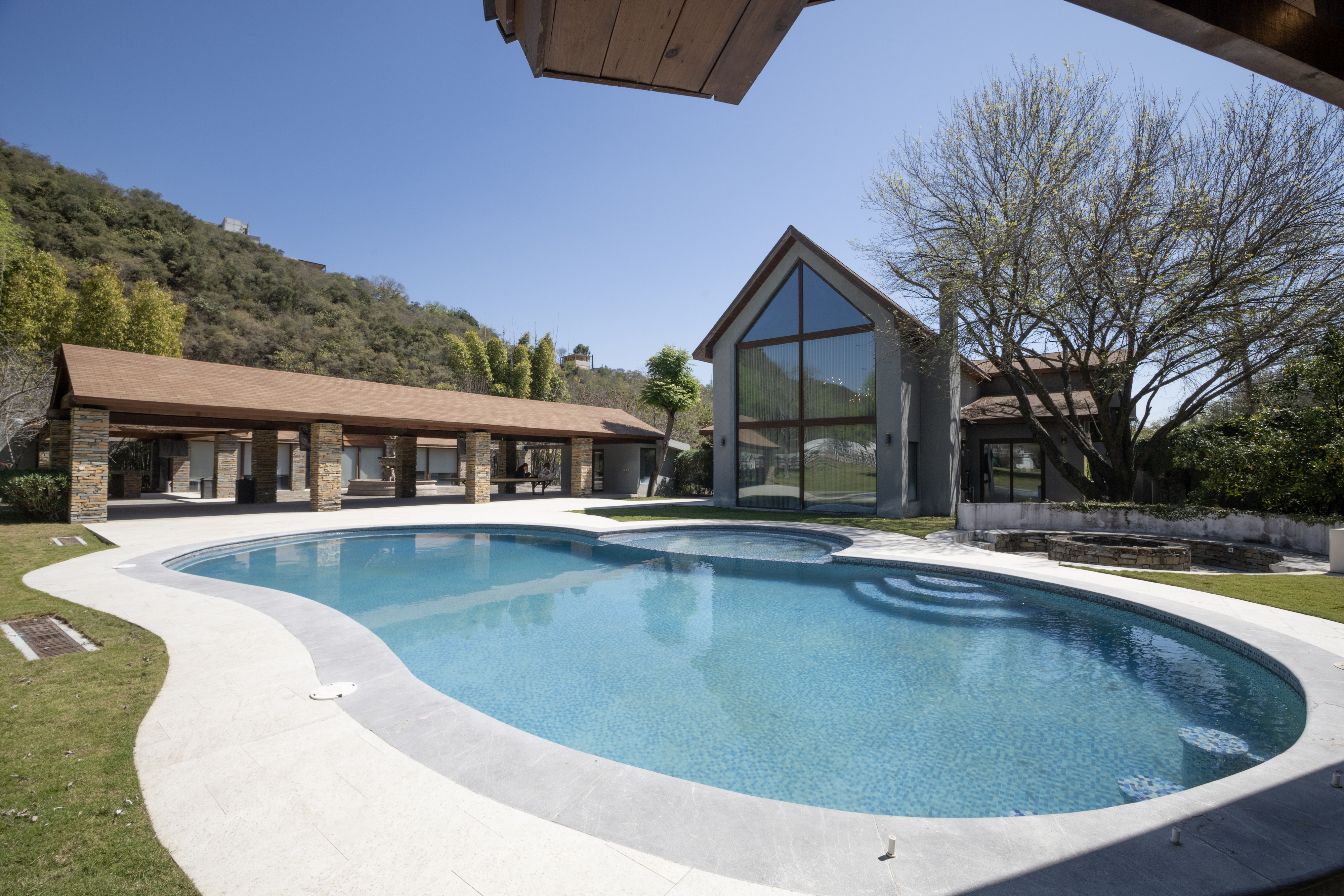1
Who You Work With Matters
When it comes to buying or selling a horse property, who you work with matters. Lisa Bricker is your trusted guide to the equestrian real estate market. Raised on an equine ranch and deeply involved in the multi-million-dollar horse industry, she offers specialized expertise and a unique perspective. Her experience, shaped by her father’s professional reining horse training business, gives her an in-depth understanding of country living, from leisure properties to large equestrian facilities.
2
Work With A Global Equestrian Advisor
Whether working with buyers, sellers, or investors, Lisa’s lifelong equine industry experience and upbringing as a trainer’s kid provide her with unmatched insight into country properties, making her an invaluable asset in the real estate market.
When it comes to equestrian properties, location is paramount. Consider the proximity to essential amenities such as training grounds, riding schools, veterinarians, supply stores, and everyday conveniences like schools and shops. A well-located property can enhance your equestrian lifestyle.
4
Community Compatibility
Not all properties zoned for horses are equally horse-friendly. Investigate the surrounding community to ensure that neighboring properties are also suitable for equestrian activities. Some areas offer more equestrian amenities, shows, and events than others, so consider the broader community when choosing your property.
Access to community bridleways is essential for horse riding. If your property lacks sufficient space for riding, ensure that there are ample riding opportunities nearby. Look for properties with access to arenas or pens to facilitate your riding experience.
6
Accessibility for Services
Your equestrian property should be easily accessible for veterinarians, horse trainers, emergency vehicles, and deliveries. Ensure there is adequate barn access, including wide driveways. Consider the possibility of an additional access road to enhance convenience.
The general guideline for horse ownership is to have at least 1.5 acres for the first horse, with an additional acre for each subsequent horse. Most zoning regulations dictate the number of horses you can keep based on available land. Aim for properties with between 2 and 5 acres to accommodate your equestrian needs.
Horses require a substantial amount of water, typically between 5 and 10 gallons per day. Ensure your property has a reliable water source, whether through irrigation systems or wells. If you have a well, it should produce at least 10 gallons per minute (gpm) to meet your horses' hydration needs.
Investigate any natural water sources in the vicinity, such as creeks, rivers, lakes, and ponds. These bodies of water may be subject to water rights and regulations. Be aware of any fencing regulations and environmental preservation requirements that may apply to these natural resources.
Is there a barn or stable on the property? If so, is there adequate space for storing equipment and hay? Are you considering building your own barn or stable? If that's the case, you'll need to go through the planning process and follow community rules about building barns and stables.












